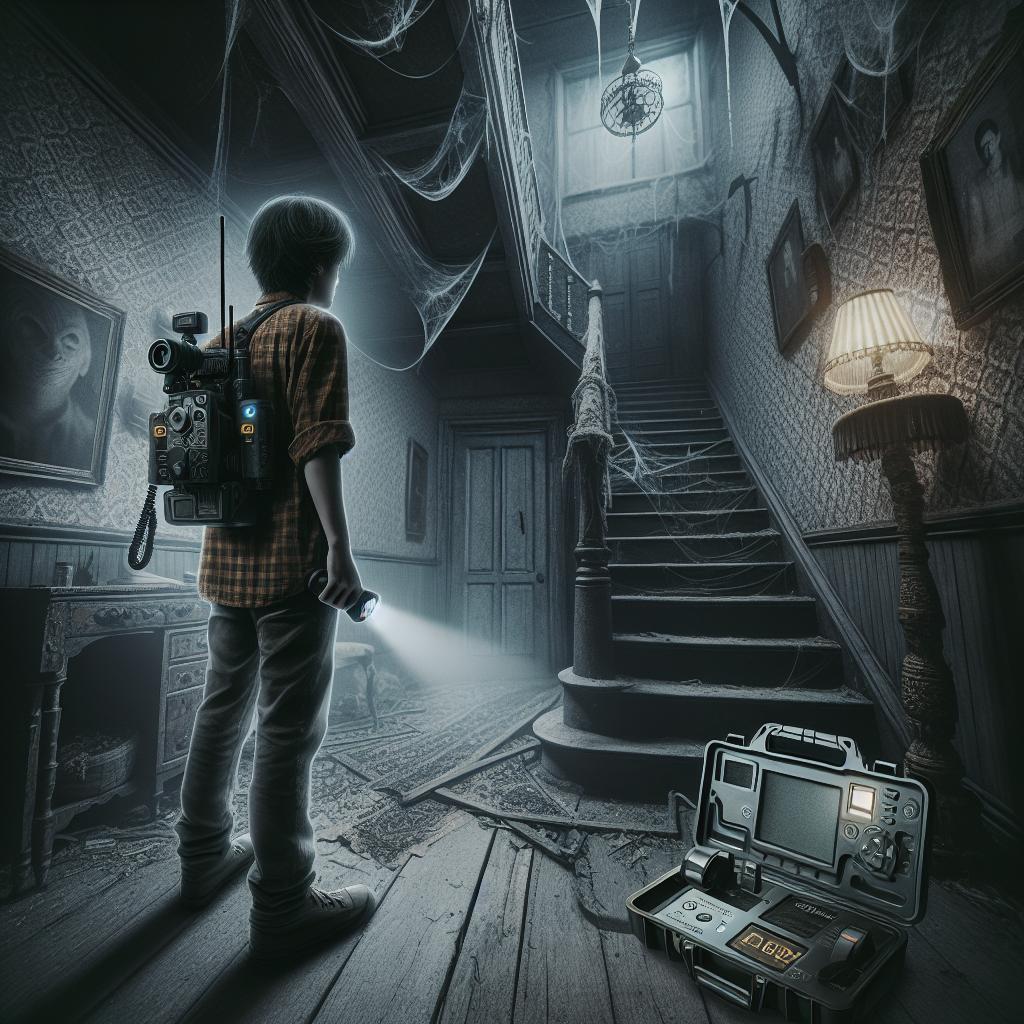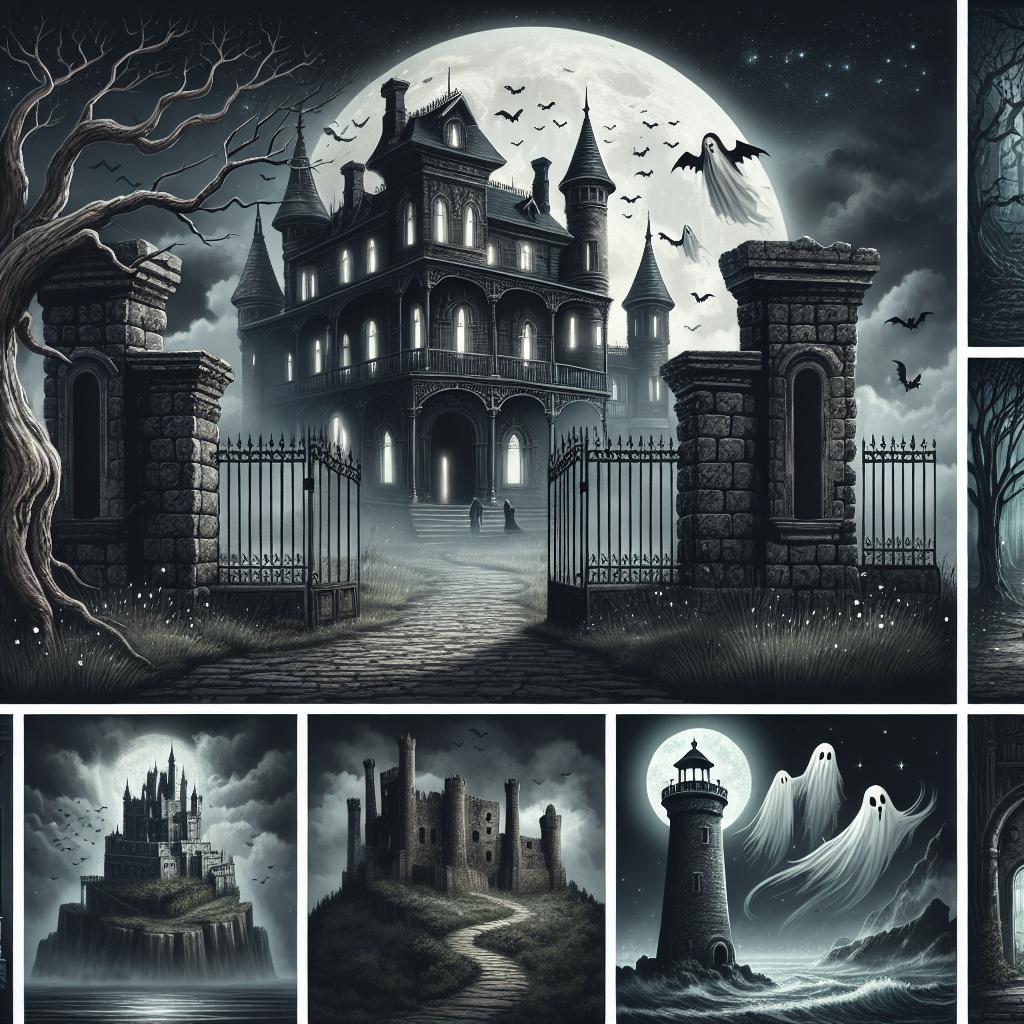“`html
Ethical Considerations in Paranormal Investigations
Paranormal investigations have soared in popularity, thanks to media representation and the intriguing mysteries they promise to unravel. However, beyond the thrill and potential discovery, these investigations raise significant ethical concerns. This blog post explores the essential ethical considerations in paranormal investigations. We discuss the basics of ethical ghost research, examine how paranormal researchers might inadvertently cause harm, and review academic perspectives in the field. By navigating these dimensions, we aim to highlight the importance of responsible and ethically sound practices in the pursuit of understanding the unexplained.
Abstract
The allure of paranormal investigations stems from humanity’s age-old fascination with the unknown. However, the pursuit of answers in the realm of the supernatural often entails complex ethical considerations that investigators must carefully navigate. Central to ethical investigations are principles related to respect, consent, and accountability not only towards purported spirits but also towards the need to handle sensitive situations involving human participants responsibly. Furthermore, credibility and rigorous methodology play vital roles in ensuring these investigations are conducted with integrity.
This article intends to shed light on the foundational principles guiding ethical paranormal investigations. By analyzing possible harms that investigators can inflict, whether intentional or not, we can better appreciate the nuances involved in exploring the supernatural responsibly. Different academics and leading figures in paranormal research provide insights into establishing robust ethical standards within the field.
Ethical Ghost Research – the Basics
The foundations of ethical ghost research lie in principles similar to those in any scientific inquiry. First and foremost is informed consent. Investigators should always seek permission from property owners and other stakeholders before beginning an investigation. They must also be transparent about their methodologies and intentions, ensuring everyone involved is aware of what the investigation entails and the potential repercussions.
Additionally, the ethical treatment of locations and historical sites forms an integral part of the ethical framework. Many paranormal investigations take place in old, often fragile locations that require respectful treatment to preserve their integrity. Researchers should ensure that their activities do not contribute to any physical or historical degradation, and they should avoid sensationalism that might disrespect the site’s cultural significance.
Confidentiality is another critical component. Often, paranormal investigations involve dealing with sensitive familial or personal stories. Researchers should treat all information obtained in the course of their investigation with the utmost confidentiality, ensuring that personal narratives are not misused or publicly disseminated without explicit permission.
How Can People Be Harmed by Paranormal Researchers?
Though many approach paranormal research with curiosity and fascination, the repercussions for individuals involved in or affected by such investigations can be significant. One significant harm arises from psychological stress. The very nature of investigating paranormal phenomena can evoke fear and anxiety in both the investigators and those connected to the location, whether through personal ties or residence, creating emotional disturbances and stress.
Furthermore, ethical breaches can lead to reputational damage. If investigators misuse the information or sensationalize findings without solid backing, they risk misrepresenting individuals or locations, falsely stirring public attention, and potentially causing social stigma or unwelcome scrutiny.
Misleading findings or unverified claims made by investigators can have far-reaching consequences, propagating misconceptions and half-truths within the community. This undermines the public’s understanding and perceptions of the paranormal, contributing to a cycle of misinformation that may further harm individuals impacted either directly or indirectly by these investigations.
Authors
Paranormal investigations, situated at the intersection of folklore, science, and curiosity, attract diverse perspectives from numerous authors dedicated to demystifying the unknown. Prominent figures such as Dr. Loyd Auerbach and Dr. Dean Radin contribute heavily to the academic discourse on paranormal phenomena, emphasizing the importance of rigorous and ethical research practices essential for credible investigations.
Authors like John Keel and Hans Holzer, known for their contributions to paranormal literature, highlight the balance between storytelling and ethical transparency in documenting their findings. Their approaches underscore the necessity for empathy and cultural sensitivity when dealing with hyperlocal narratives that form the core of many paranormal claims.
Moving beyond the dramatic portrayals in popular media, these authors and researchers emphasize the need for ethical frameworks that grapple with not only the scientific credibility but also the humane aspects of what it means to probe the mysteries that continue to captivate human imagination.
Lessons Learned
| Section | Summary |
|---|---|
| Abstract | An overview of the ethical dimensions involved in paranormal investigations, touching upon informed consent, respect for sites, and the treatment of sensitive personal narratives. |
| Ethical Ghost Research – the Basics | Focuses on core ethical principles like informed consent, respect for locations, and confidentiality imperative for credible investigations. |
| How Can People Be Harmed by Paranormal Researchers? | Explores the potential psychological, reputational, and societal harms caused by paranormal investigations. |
| Authors | Analyzes contributions from academics and authors toward establishing ethical frameworks in paranormal research. |
“`


